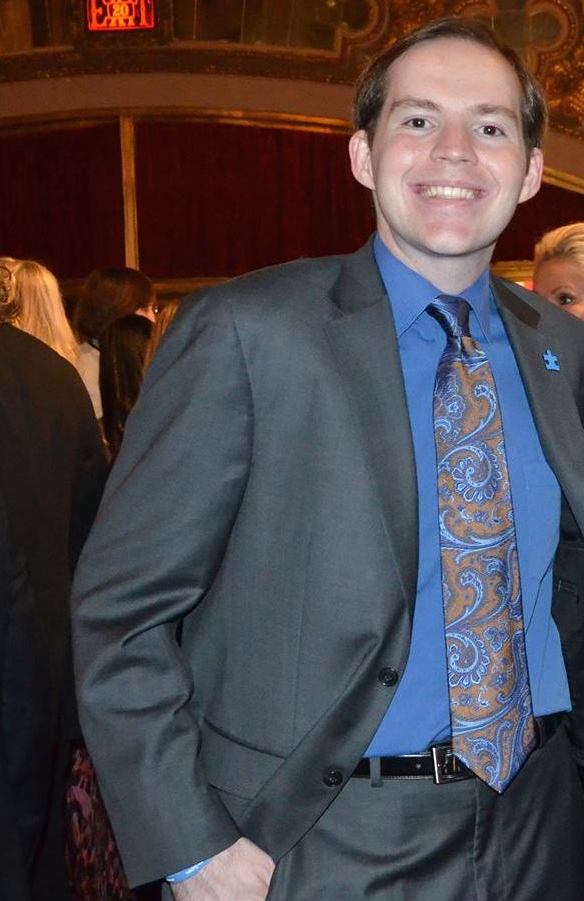Oh, relationships. At the age of 27, I’ve had several relationships throughout my life. I’ve also had several breakups. When I talk to families with children on the spectrum, this is usually one of the big subjects but also one of the most sensitive. How does a person on the spectrum even go about having a relationship? I believe it’s a difficult road with no clear answer.
I remember one of my first relationships that dealt with many of these issues. She was one of the most beautiful women I met at college. I constantly misjudged her sarcasm to the point that I never knew whether or not she was being serious with me. Although she understood the spectrum as a special education major and knew many people with autism, I often felt out of place with her, which ended with us breaking things off.
Along with sarcasm, some of my main problems in relationships have been due to “social awkwardness.” This social awkwardness could be attributed to many factors, but for me it was always based on “small talk” and “mind blindness.”
Many times (especially when I was younger), I couldn’t hold a conversation, making small talk or any type of interaction awkward because of the silence and long pauses involved.
The only way I could keep a conversation going was to change the subject randomly to something that was of interest to me, such as basketball. This was hard because while I did have friends who play and like basketball, it’s not something you want to hear about 24/7. How do you make strides without having the capabilities of conversation?
Confidence also became an underlying issue because of these tendencies. Moments when I didn’t have anything to say made people think I was a shy person who wanted to be left alone, which was never the case. Could you imagine a scenario where you want to be talked to, in many cases even loved, but you just don’t know how to acknowledge it?
Mind blindness, which is typically known as the inability to develop an awareness of what another person is thinking, made for some difficult scenarios for me. The inability to “put myself in the shoes of another” limited my understanding of others and made it difficult to develop anything but basic friendships/relationships. People in today’s society are complex, and reading them — not only from a relationship standpoint but to advance in life, whether its through school, employment, etc. — is a necessary skill.
At 9, my doctor recommended against mainstreaming me in a public school, because she said I would never understand social cues and was worried about me getting beat up. I survived those days, thanks to coping mechanisms, splinter skills and/or growing up. But looking back, I wish I found someone who understood what it was like. Whether it was an intimate relationship or just a friendship, I wish I found someone on the spectrum who knew exactly what I was going through. It’s not the same case with other people, where maybe you can relate with someone because you both have the same background, for example.
Being on the spectrum, no one case is the same. Every case is different, which means you might always find something close but not exactly what you’re looking for. Plus, some students on the spectrum might not go to college. How do you approach it when you’re the minority dealing with a majority who may or may not be accepting of who you are?
My standpoint on relationships is pretty simple. Whether you’re on the spectrum or not, all relationships are hard work. Whether you’re in a relationship or not, the best thing you can do for yourself is be who you are and negate all the negative energy that may come your way.
A version of this post originally appeared on Kerrymagro.com.
The Mighty is asking the following: What’s one thing people might not know about your experience with disability and/or disease, and what would you say to teach them? If you’d like to participate, please send a blog post to community@themighty.com. Please include a photo for the piece, a photo of yourself and 1-2 sentence bio. Check out our Share Your Story page for more about our submission guidelines.
Lead photo source: Thinkstock Images

